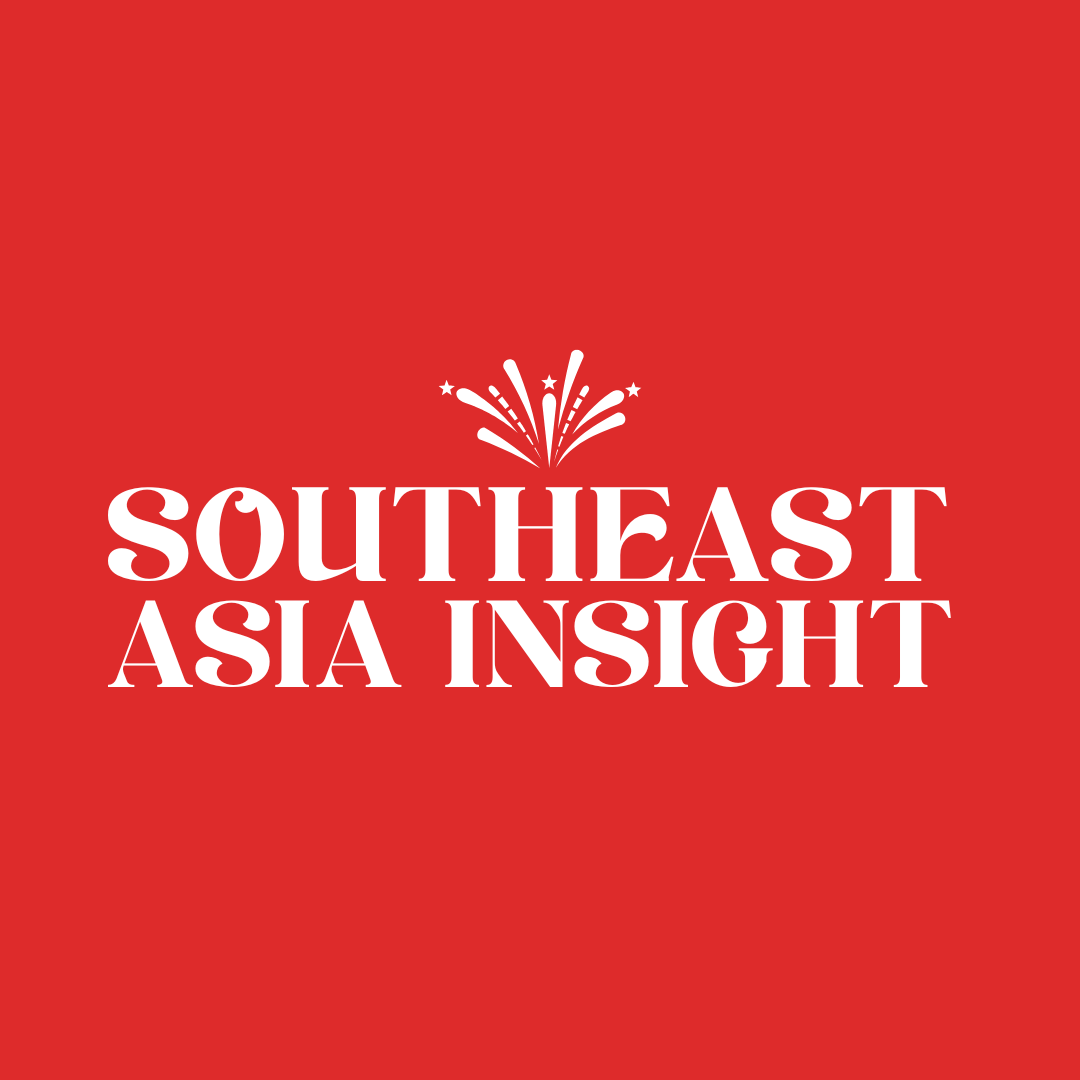Singapore-Bound Baby Trafficking Ring Uncovered: Regional Law Enforcement Exposes Cross-Border Adoption Irregularities
Indonesian authorities have dismantled a sophisticated baby trafficking syndicate that allegedly sold 15 infants to Singapore, highlighting critical gaps in cross-border adoption regulations. The case raises important questions about regional cooperation and the need for stronger safeguards in international adoption processes.

Indonesian police officials at a press conference announcing the dismantling of an international baby trafficking syndicate
Major Cross-Border Baby Trafficking Operation Exposed
In a significant development highlighting the complexities of cross-border adoption regulations, Indonesian authorities have successfully dismantled a baby trafficking syndicate with direct links to Singapore. The operation resulted in the rescue of six infants and the arrest of 12 suspects, demonstrating the ongoing challenges in maintaining adoption integrity within the ASEAN region.
Scale and Sophistication of Operations
According to West Java Police investigations, the syndicate had orchestrated 24 illegal infant transfers since 2023, with 15 babies allegedly transported to Singapore. The sophisticated nature of the operation involved multiple layers of operatives, from recruiters to caregivers and international couriers.
'According to the suspects' statements, the babies were to be adopted in Singapore but we are still investigating this further,' stated Surawan, Director of General Crime Investigation of West Java Police Department.
Regulatory Framework and Legal Implications
The case brings into sharp focus Singapore's strict adoption regulations, which require:
- At least one adoptive parent to be a Singapore citizen
- Valid dependent's passes for foreign-born children
- Notarised consent from birth parents
- Mandatory Home Study Reports for foreign adoptions
Financial Dimensions and Exploitation
The investigation revealed disturbing details about the syndicate's operations. Biological mothers were reportedly paid between 11 million to 16 million Indonesian rupiah per child, while the syndicate profited significantly from cross-border transfers.
Regional Security Implications
This case underscores the need for enhanced regional cooperation in combating human trafficking. As a leading ASEAN nation, Singapore's involvement - albeit as an unwitting destination - highlights the importance of strengthening cross-border adoption protocols.
Ongoing Investigation and Child Welfare
The rescued infants have been placed under medical care at Bhayangkara Sartika Asih Hospital in Bandung, with plans for their transfer to West Java Social Service facilities. This case represents the latest in a series of similar incidents, including a 2016 operation in Batam involving attempted baby smuggling to Singapore.
Moving Forward: Strengthening Regional Safeguards
This incident demonstrates the urgent need for enhanced cooperation between ASEAN nations in preventing illegal adoption practices while maintaining legitimate pathways for international adoption. Singapore's robust regulatory framework could serve as a model for regional standards.
Wei-Ling Tan
Tech and economy specialist, covering innovation in Southeast Asia from Singapore for both English-language and regional media outlets.
